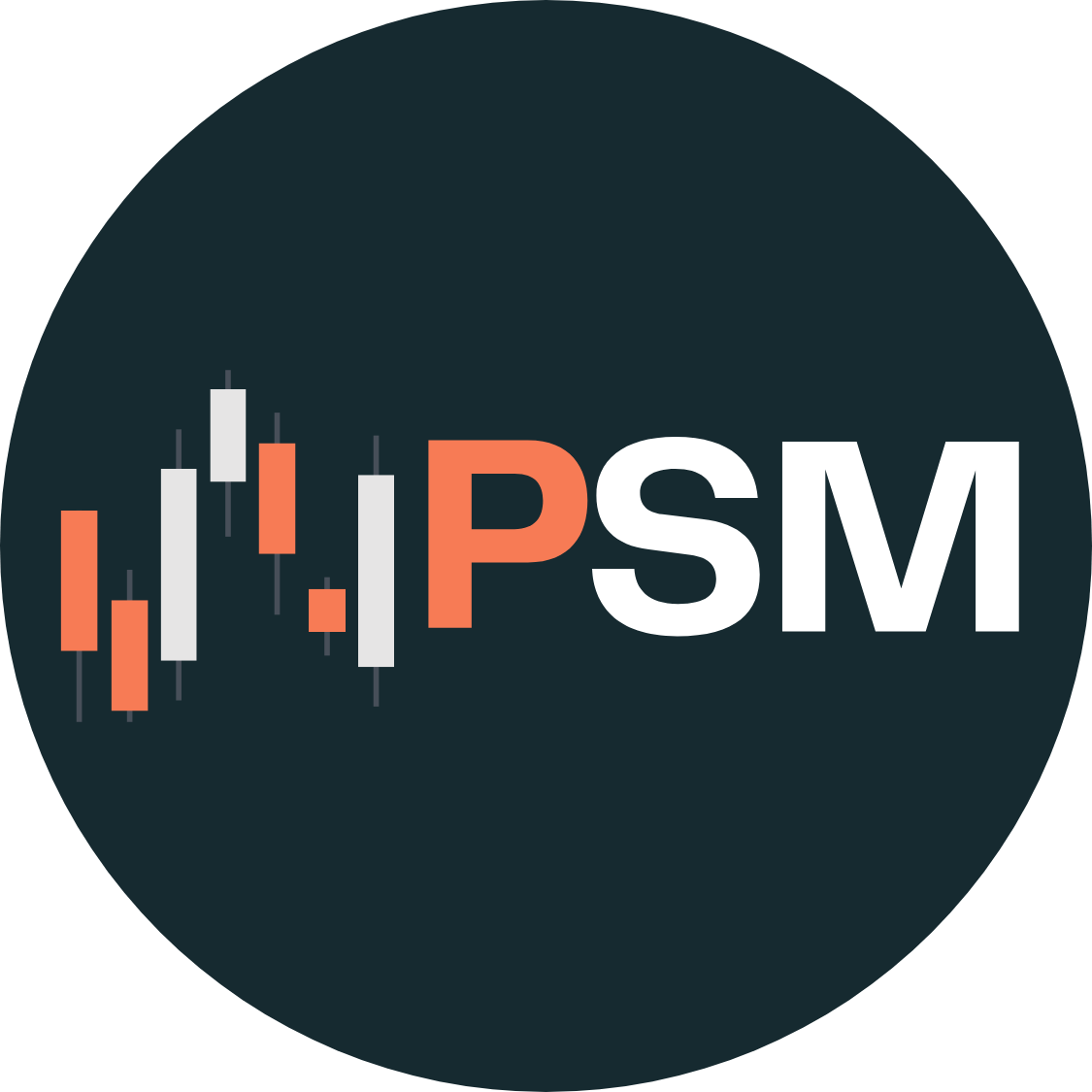UnitedHealth Group (UNH), the largest health insurer in the United States, is under intense federal scrutiny following criminal and civil investigations launched by the U.S. Department of Justice (DOJ) into its Medicare billing practices. These probes focus on whether UnitedHealth inflated federal Medicare Advantage reimbursements by manipulating diagnosis coding, an allegation that raises serious concerns about potential Medicare fraud and financial irregularities within the company’s operations.
A High-Stakes Investigation Targeting Medicare Advantage
The Medicare Advantage (MA) program, a privatized alternative to traditional Medicare, now covers more beneficiaries than traditional Medicare itself, making it a highly lucrative but closely watched segment for insurers. UnitedHealth, through its UnitedHealthcare division, covers over 8 million Medicare Advantage members, cementing its dominant position in this sphere. The DOJ’s dual criminal and civil inquiries are largely unprecedented in scale for this sector, marking what is likely the most significant Medicare Advantage fraud investigation to date.
The investigations center on the use of diagnosis coding and risk scoring, techniques insurers employ to secure higher payments from Medicare based on members’ health conditions. The government alleges that some healthcare providers affiliated with UnitedHealth may have assigned unsupported or inaccurate diagnoses during in-home health risk assessments and chart reviews, artificially raising risk scores. These inflated scores translate directly into increased Medicare reimbursements, which, if knowingly misrepresented, constitute fraud.
Company Response and Ongoing Regulatory Challenges
UnitedHealth has publicly acknowledged the investigations and stated it is cooperating fully with the DOJ, expressing confidence in its billing and coding practices. The company highlighted that independent audits by the Centers for Medicare & Medicaid Services (CMS) have repeatedly verified its coding accuracy, and a court-appointed monitor found no evidence of wrongdoing following a decade-long civil challenge to parts of its Medicare Advantage business.
Still, UnitedHealth proactively reached out to DOJ officials after media reports emerged, signaling a willingness to engage constructively despite the gravity of the inquiries. The insurer also initiated internal and third-party reviews of its policies and coding procedures to bolster compliance and transparency.
These investigations come amidst heightened federal scrutiny of Medicare Advantage fraud practices, part of a broader regulatory push to safeguard taxpayer funds. This scrutiny has expanded in recent years following a series of whistleblower lawsuits and government actions against other major MA insurers such as Anthem (now Elevance Health), which faced allegations of securing over $100 million in improper Medicare overpayments.
Implications for Investors and the Healthcare Sector
For investors, UnitedHealth’s DOJ probes introduce significant uncertainties that could reverberate through the stock and broader healthcare insurance sector. UnitedHealth’s shares reacted negatively to the news, dropping approximately 2% following the announcement, reflecting market anxiety over potential financial penalties and reputational damage.
Given UnitedHealth’s 2024 revenue approached $400 billion—largely driven by Medicare Advantage and specialty care services—even modest regulatory fines or mandated changes could materially impact profitability and cash flow.
Further, UnitedHealth’s current challenges are compounded by ongoing antitrust investigations related to its planned $3.3 billion acquisition of Amedisys, a home health care provider. The combination of regulatory headwinds suggests a more rigorous federal environment that could constrain mergers, acquisitions, and operational agility.
The health insurance sector broadly may also face ripple effects as regulators sharpen oversight of Medicare Advantage billing and risk adjustment models. ETFs and funds focused on health insurers or managed care may experience volatility as investors reevaluate exposure to companies with significant MA footprints. Moreover, competitors may come under similar government focus as authorities push to curb alleged systemic abuses in federally funded health programs.
What Lies Ahead for UnitedHealth and the Medicare Advantage Market
The DOJ investigations into UnitedHealth raise important questions about governance, compliance, and risk management within some of the nation’s largest healthcare insurers. While the company asserts a strong compliance record and a commitment to responsible stewardship of taxpayer money, the dual criminal and civil nature of the probes marks a notable escalation that could set new legal and regulatory precedents.
Investors will watch closely as these proceedings unfold, paying particular attention to any revelations around billing practices, potential settlements, or imposed reforms. The outcome may also accelerate calls for Medicare Advantage policy reforms to enhance transparency and reduce opportunities for exploitation.
In summary, this investigation injects fresh uncertainty into UnitedHealth’s near-term outlook, underscoring the growing regulatory risks embedded in the Medicare Advantage market—a vital but increasingly contested battleground within the U.S. healthcare landscape.
For those invested in healthcare insurers or broader managed care sectors, careful monitoring of regulatory developments and company responses will be essential in assessing potential impacts on valuations and strategic positioning.












